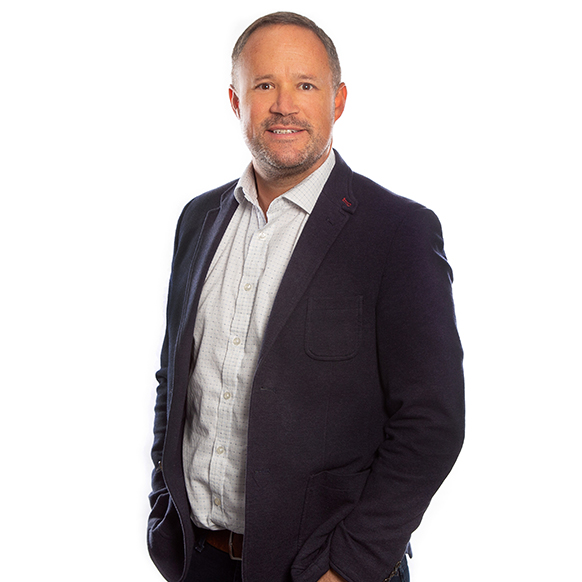2020 was an extremely difficult year for most companies, but it hit the hospitality and leisure sector particularly hard. Business owners have struggled with forced business closures, restrictions on trading hours, reduced party sizes, changes to rules on weddings and other functions. All this was combined with the backdrop of uncertainty brought by the Brexit deal.
However, 2020 also taught us many lessons which business owners need to ensure they embrace going forward.
Cash Management & Forecasting
The majority of Hospitality & Leisure businesses applied for new funding during 2020, mostly through one of the government-backed Covid schemes. Although the preparation of forecasts was not mandatory for these loans, more business owners now understand the importance of cash management and forecasting.
There have been several areas which have affected cashflows in 2020, including:
- Deferred VAT payments
- New loans
- Capital repayment holidays
- Furlough receipts
- Available grants
It is vital that for business owners have a good understand of their future cash flows and manage their cash and funding requirements in advance.
Most business owners now prepare cashflow forecasts and this discipline should continue well beyond the end of the pandemic.
Flexible Furlough/Staff Planning

The furlough scheme introduced by the government has proved extremely popular with business owners. The introduction of flexible furlough, allowing staff to work for part of the week and be furloughed for the remainder of the week, has resulted in business owners taking more care over resource planning.
The hospitality and leisure sector is reliant upon part time workers and Flexible furlough has resulted in more scrutiny on employees hours and ensuring that the optimum level of staff is used and profits maximised.
Building Reserves
The businesses facing the fewest financial issues during the pandemic are the ones which have built up good profit reserves. These businesses are then able to use these reserves when there is pressure on profits or when funds are required to invest in the business.
A number of business owners will withdraw a significant amount of profits to fund their personal lifestyles, however this is a bad discipline to get into and can be to the detriment of the business. Business owners should look to continually build profit reserves in business.
New Services
A number of businesses have introduced new services during the pandemic, for instance offering takeaways, deliveries and food boxes. Business owners have had to think outside the box to bring in other revenues and to maximise profits.
Pre-pandemic, we have seen a shift in recent years that hotel guests are now looking for experiences rather than just a hotel stay. Once the industry is able to operate fully again, it is crucial that business owners and managers keep up to date with consumer demands and continually review each service provided.
Keeping close to professional contacts
Throughout the pandemic, business owners will have had numerous conversations with their professional advisors, whether it be bankers, insurance providers, solicitors, accountants etc. Your professional contacts will have a wealth of experience in their industries and can offer tailored advice. Building those relationships and having those trusted advisors can add a significant amount of value to the business and enhance its performance.
Expect the Unexpected
At the start of 2020, no one would have predicted the impact that a virus would have on their business and this has taught us to expect the unexpected. The plans we put in place should be carefully considered. We should always look to ensure that contingency plans are in place and that businesses fully understand the risks that they are exposed to and that they look to limit these risks.
Hopefully these are areas where we can learn from and our businesses can be stronger as a result of them.
